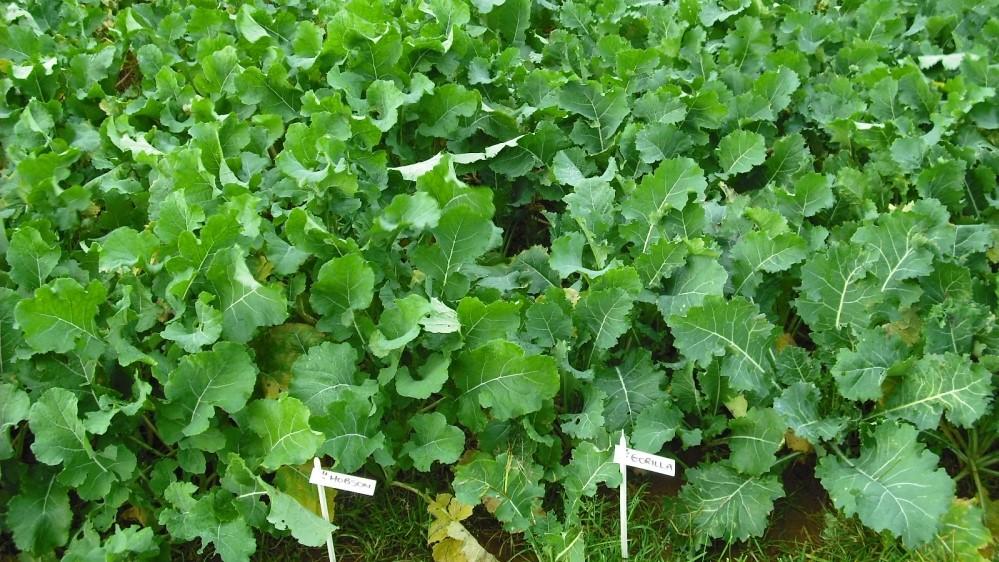Get a 24 hour weather forecast

As well as boosting income by €165, fodder catch crops such as grasses also provide benefits of cultural weed control, improved soil structure, nutrient retention and provision of green manure. Below are two options that you may consider for your farm.
| Sowing/ Harvest time | Costs | Profit | Management |
| Sowing: Mid July or early September, after winter cereal crops.
Harvest times: September and February, may be zero grazed in February.
|
Growing: €134 per acre or €8.40 per bale includes disc harrowing twice and sowing at a 16kg/ac seeding rate, costing €65 per 25kg bag, and spreading 3 bags of Silage boost (21-2-10 + 2S)
Conserving: €13.25 per bale |
Overall cost: €21.65 per bale at 16 bales per acre over 2 cuts.
Recommended retail price €32 per bale. Profit: €10.35 per bale or €165.60 per acre (16 bales per acre)
|
Westerwolds must be prevented from producing a seed head as it is an annual plant and will not regrow once the seed head has been produced and
Establish early to achieve maximum production
|
| Sowing/ Harvest time | Costs | Profit | Management |
| Sowing: May to early September, after winter cereal crops.
Harvest: End of October
|
Growing: €134.50 per acre or €8.40 includes disc harrowing twice and sowing at a 3kg/ac seeding rate costing €5.30 per 1kg bag and spreading 4 bags of 18-6-12
Conserving: €15.20/bale includes which includes €35 per acre for additive application.
|
Overall cost: €23.60 per bale at 16 bales per acre Recommended retail price €32 per bale.
Profit: €8.40 per bale or €134.40 per acre (16 bales per acre)
|
Seeds must be sown to a depth of 10mm.
At harvesting the crop must be must be mowed using a mower without a conditioner A wilting time of 24 – 36 hours is needed to improve bale quality Bales must have 24 wraps per bale to prevent bale collapse due to effluent.
|